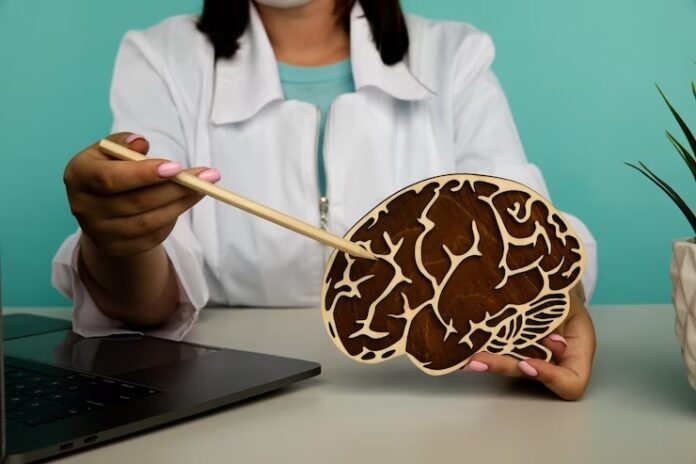The brain and nervous system are complex and interconnected systems responsible for controlling and coordinating all bodily functions. Disorders that affect these systems can have significant impacts on a person’s quality of life and can be caused by a variety of factors, including genetics, environmental factors, and injury.
One of the most common disorders affecting the nervous system is Alzheimer’s disease, which is a progressive brain disorder that affects memory, thinking, and behavior. It is characterized by the buildup of amyloid plaques and tau tangles in the brain, which lead to the death of brain cells and the shrinking of brain tissue. The disease typically progresses slowly, with symptoms starting out as mild memory loss and eventually leading to significant impairment of daily activities.
Parkinson’s disease is another common disorder affecting the nervous system, characterized by the degeneration of dopamine-producing neurons in the brain. This leads to a variety of symptoms, including tremors, rigidity, and difficulty with balance and coordination. There is currently no cure for Parkinson’s disease, but treatments such as medication and physical therapy can help manage symptoms and improve quality of life.
Multiple sclerosis is a chronic autoimmune disorder that affects the nervous system, specifically the myelin sheath that covers nerve fibers in the brain and spinal cord. The loss of myelin leads to a range of symptoms, including weakness, numbness, and difficulty with coordination and balance. There is currently no cure for multiple sclerosis, but treatments such as medication and physical therapy can help manage symptoms and slow the progression of the disease.
Epilepsy is a disorder characterized by recurrent seizures, which can be caused by a variety of factors including genetics, brain injury, and infection. Seizures can range from brief periods of staring to full-body convulsions, and can have a significant impact on a person’s quality of life. Treatment options for epilepsy include medication and surgery, but not all cases can be fully controlled.
Traumatic brain injury (TBI) is a common disorder affecting the brain, typically caused by a blow or jolt to the head. Symptoms can vary widely depending on the severity of the injury, but can include headaches, dizziness, confusion, and memory loss. Treatment for TBI typically involves a combination of medication and rehabilitation therapy, and recovery can vary widely depending on the extent of the injury.
Stroke is a disorder that occurs when blood flow to the brain is interrupted, either by a clot or a rupture of a blood vessel. Symptoms can vary widely depending on the location and extent of the damage, but can include paralysis, difficulty with speech and communication, and cognitive impairment. Treatment for stroke typically involves medication and rehabilitation therapy, and early intervention is critical to minimizing long-term damage.
Peripheral neuropathy is a disorder affecting the peripheral nervous system, which controls the movement and sensation of the limbs and organs. Symptoms can include numbness, tingling, and weakness in the limbs, as well as gastrointestinal and urinary problems. Causes of peripheral neuropathy can include diabetes, infections, and exposure to toxins. Treatment options for peripheral neuropathy include medication and physical therapy, but in some cases, symptoms may be irreversible.
Neurodegenerative disorders are a group of disorders characterized by the gradual degeneration of nerve cells in the brain and nervous system. These disorders include Alzheimer’s disease, Parkinson’s disease, Huntington’s disease, and amyotrophic lateral sclerosis (ALS). They are typically progressive and can have a significant impact on a person’s quality of life, with symptoms including memory loss, tremors, and muscle weakness. There is currently no cure for most neurodegenerative disorders, but treatments can help manage symptoms and slow the progression of the disease.



